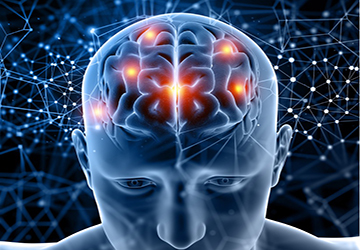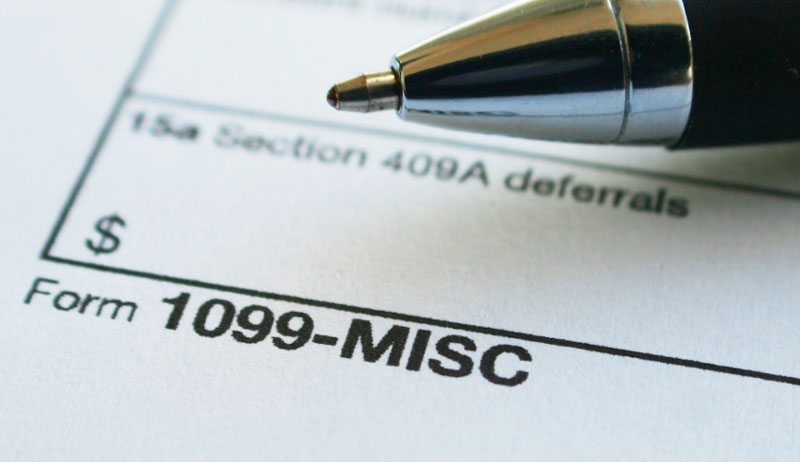How to Manage and Reduce Anxiety in Your Everyday Life
In today's digitalized, hassled, and demanding world, anxiety has become a common part of the life of many individuals. Hectic routines, relationship issues, and responsibilities can impact our mental health.
However, by incorporating simple yet effective strategies into our lives, we can effectively manage stress and anxiety and promote a balanced and fulfilling life. Let's dive into details to find the best anxiety management tips.

Best Tips to Manage Stress and Anxiety
Mental health problems can potentially disturb your hormone production and, ultimately, the entire body functioning. Therefore, following these tips and maintaining good mental health is crucial.
1.Follow a Balanced Diet
A balanced diet plays a crucial role in maintaining physical and mental health. According to research, certain nutrients, especially vitamins, and minerals, are essential for optimal brain functioning.
So, stick to a balanced diet, preferring whole grains, fruits, and vegetables. Additionally, limit the consumption of processed and sugary foods, as they can impact your mood and energy levels.
2.Exercise, Exercise, and Exercise
Multiple scientific pieces of evidence support the role of exercise in combating stress and anxiety. Training gives us the required endorphins – the "feel-good" hormones. These can elevate your mood and reduce tension.
Begin with finding a suitable exercise of interest, whether walking or any other. Try to spare half an hour and practice rigorous training for at least a week, and you will experience the benefits of a healthier body and a calmer mind.
3.Reduce Screen Time
In today's digital age, excessive screen time has become a common source of stress and anxiety. Constant exposure to social media, news, and online information overload can lead to information fatigue and a sense of constant urgency.
Set boundaries for you by scheduling designated screen-free times during the day. Instead, engage in activities like reading a book, spending time in nature, or practicing mindfulness exercises. Reducing your screen time gives your mind a chance to rest and recharge.
4.Minimize Coffee Intake
While many people rely on coffee for a quick energy boost, excessive caffeine consumption can contribute to feelings of anxiety and restlessness. Caffeine affects brain functioning by stimulating the central nervous system, increasing the heartbeat, and potentially exacerbating symptoms of stress and anxiety.
Limit your coffee intake and opt for herbal teas or decaffeinated alternatives instead. Stay hydrated with water throughout the day to balance your body and mind.
5.Give Yourself Time
One of the most crucial strategies for dealing with stress is caring for yourself, i.e., giving yourself time. Do activities that give you mental peace and satisfaction. This includes anything from taking a long bath to spending quality time with loved ones. By nurturing yourself, you strengthen your ability to cope with stress and find inner peace.

6.Understand Anxiety Triggers
The first step in managing anxiety is to identify and understand your triggers. Anxiety triggers can vary from person to person, but common ones include stressful situations, social interactions, or certain environments.
Take the time to reflect on what situations or circumstances tend to provoke anxiety in you. By gaining awareness of your triggers, you can develop coping mechanisms or avoid these situations altogether, leading to a greater sense of control over your anxiety.
7.Spend More Time with Family
Strong social support systems can be a powerful antidote to anxiety. Spending quality time with loved ones, particularly family members, can help create a sense of belonging and security. Engaging in activities and having meaningful conversations can alleviate stress, promoting a sense of well-being.
Make it a priority to nurture your relationships and create moments of connection with your family. Their presence and support can be a great source of comfort during anxiety.
8.Do Yoga
Yoga is a holistic practice that combines physical movement, breath control, and meditation. Regular yoga practice optimally impacts anxiety levels and promotes a sense of relaxation. The gentle stretching, deep breathing, and mindfulness involved in yoga help to release physical tension and quiet the mind.
Incorporate yoga into your routine by attending classes or following online tutorials. You will better manage anxiety as you become more attuned to your body and breathe.
9.Avoid Procrastination
Procrastination can be a significant source of anxiety. Putting off tasks or responsibilities can lead to a buildup of stress and a constant feeling overwhelmed. Break down your hectic tasks into small and manageable ones. You can also make a to-do list without thinking about the next step.
Taking proactive steps toward completing your tasks can alleviate anxiety and create a sense of accomplishment. Remember, the key is to start, even with small steps.
10.Spend Time in Greenery and Nature
Nature has a profound impact on our well-being. Research has shown that spending time close to nature can give mental peace. Take regular breaks to walk in a nearby park, visit a garden, or plan outdoor activities with friends and family.
The fresh air, peaceful surroundings, and connection with nature can help to calm the mind and provide a much-needed respite from the pressures of daily life.
Conclusion
In conclusion, managing anxiety is an ongoing journey that requires self-awareness and a commitment to self-care. Understanding your anxiety triggers can cultivate a sense of peace and balance. Everyone's journey is unique, so be patient and kind to yourself as you navigate the challenges of anxiety. With time and practice, you can develop effective strategies to manage stress and enjoy a joy, serenity, and resilience-filled life.











